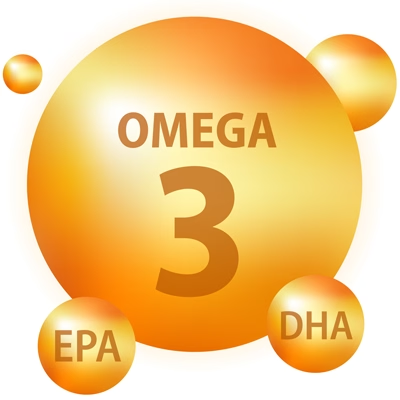Nutrients that we absorb in large quantities
First of all, for customers who are technically very precise: Yes, vitamins and minerals are also nutrients! However, we have decided in favour of this simplification so as not to blow up the shop menu. Especially as many customers understand nutrients to mean the calorie-containing nutrients that we consume in larger quantities, namely protein, fat and carbohydrates... Read more
Filter products
Advantages
- Free shipping from 39 € (D)
- Shipping only by DHL / Post
- Quantity discounts from 2 pcs.
Affiliate / advertising links
Affiliate links ("to article" instead of "to shopping basket") lead to the manufacturer's shop. We receive a commission for this, your price does not change.
Our search logic
- A product that contains a substance above all: See menu above.
- A product that also contains a fabric: Use the filter on the left.
- Any info about a substance in products or in the blog: Use the search field .

1 cold pack per 200 ml, deep-frozen to -18 degrees on dispatch
For more safety in summer All temperature-sensitive products from the manufacturers in our range of food supplements, feed etc. are designed to withstand a brief increase in ambient temperature. Microbiotics generally like it cool. In order to compensate for losses during shipping and storage from the outset, the capsules are filled with considerably more than is declared on the can. The aim is to ensure that the capsules contain as many viable bacteria as stated at the end of the best-before date. Fish oils, algae oil and krill oil are protected from oxidation by the addition of vitamin E. According to our manufacturers, a slight temperature increase of 1-2 days during transport does not affect them, but afterwards they should be stored in a cool place or, depending on the product, in the refrigerator. In order to protect the goods from too much heat, we only dispatch such products from Monday to Thursday in summer or at temperatures above 25 degrees. In the case of extremely high temperatures of 30 degrees and above, we recommend postponing the purchase until these are lower again. Of course, our customers can decide for themselves. However, we refuse to take back products on the grounds of "heat damage" if the weather conditions were known from the outset at the time of purchase. A safe alternative: refrigerated dispatch! When purchasing heat-sensitive products (microbiotics, enzymes, oils), we recommend booking refrigerated shipping, which can be easily done via the purchase function. We then add as many cold packs as you buy and insulate the goods particularly well. The more you buy, the safer and cooler the transport. The insulation and the -18 degree temperature of the cold packs are sufficient to cool the goods significantly for 12-24 hours. Even if the goods arrive at the customer's premises no longer cool, the heat load during transport is significantly lower than the maximum limit specified by the manufacturer. And our customers also get something else in return: these are ordinary cold packs, which are almost impossible to buy cheaper in the shops. This means that they can simply continue to be used in private households afterwards. The cold packs are suitable for a temperature range of -18° Celsius to +40° Celsius, e.g. as a heat pack for applying to tense muscles or similar. Safety note: The cold packs are sealed and are not intended for opening and replacing or consuming the liquid!

1 cold pack per 200 ml, deep-frozen to -18 degrees on dispatch
For more safety in summer All temperature-sensitive products from the manufacturers in our range of food supplements, feed etc. are designed to withstand a brief increase in ambient temperature. Microbiotics generally like it cool. In order to compensate for losses during shipping and storage from the outset, the capsules are filled with considerably more than is declared on the can. The aim is to ensure that the capsules contain as many viable bacteria as stated at the end of the best-before date. Fish oils, algae oil and krill oil are protected from oxidation by the addition of vitamin E. According to our manufacturers, a slight temperature increase of 1-2 days during transport does not affect them, but afterwards they should be stored in a cool place or, depending on the product, in the refrigerator. In order to protect the goods from too much heat, we only dispatch such products from Monday to Thursday in summer or at temperatures above 25 degrees. In the case of extremely high temperatures of 30 degrees and above, we recommend postponing the purchase until these are lower again. Of course, our customers can decide for themselves. However, we refuse to take back products on the grounds of "heat damage" if the weather conditions were known from the outset at the time of purchase. A safe alternative: refrigerated dispatch! When purchasing heat-sensitive products (microbiotics, enzymes, oils), we recommend booking refrigerated shipping, which can be easily done via the purchase function. We then add as many cold packs as you buy and insulate the goods particularly well. The more you buy, the safer and cooler the transport. The insulation and the -18 degree temperature of the cold packs are sufficient to cool the goods significantly for 12-24 hours. Even if the goods arrive at the customer's premises no longer cool, the heat load during transport is significantly lower than the maximum limit specified by the manufacturer. And our customers also get something else in return: these are ordinary cold packs, which are almost impossible to buy cheaper in the shops. This means that they can simply continue to be used in private households afterwards. The cold packs are suitable for a temperature range of -18° Celsius to +40° Celsius, e.g. as a heat pack for applying to tense muscles or similar. Safety note: The cold packs are sealed and are not intended for opening and replacing or consuming the liquid!
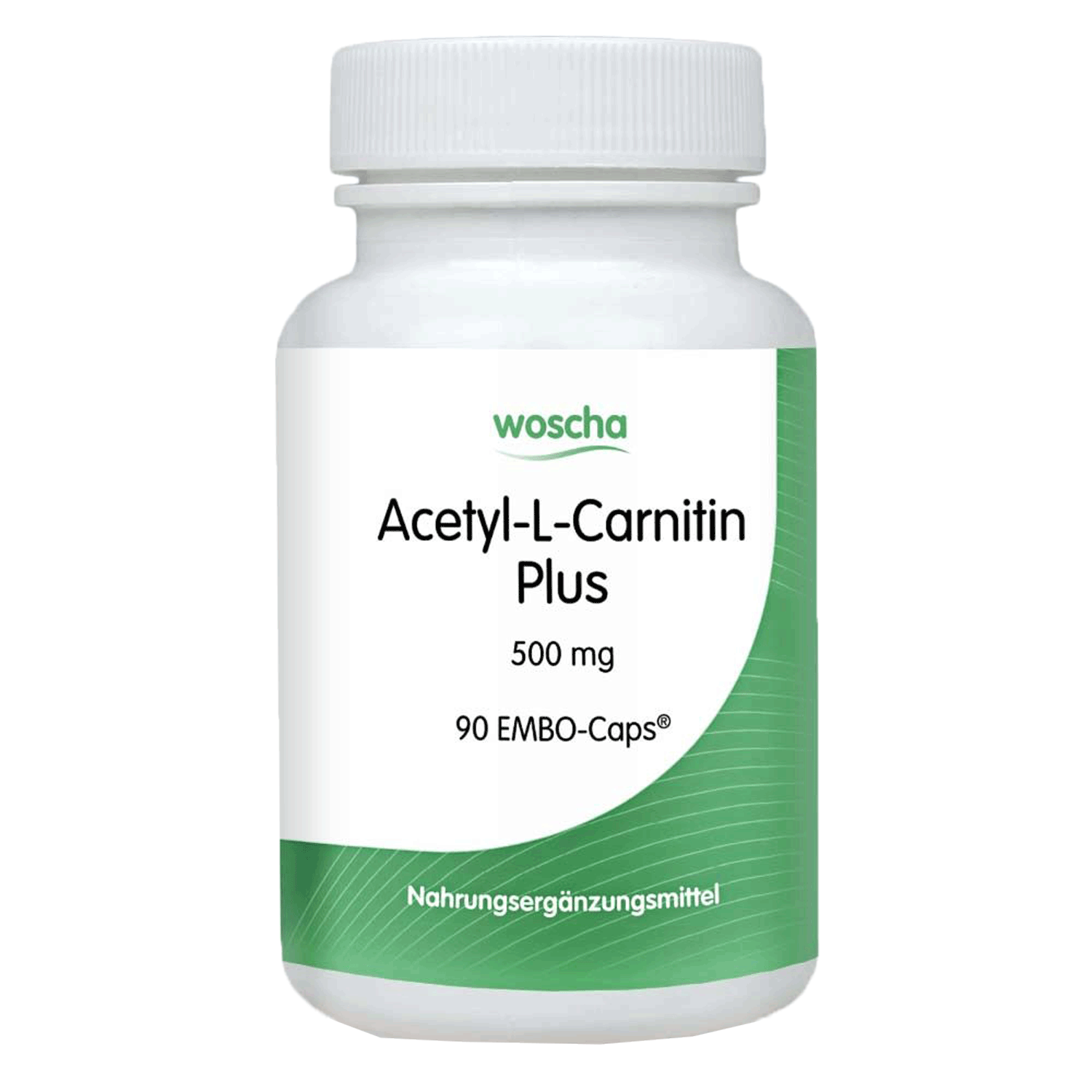
Acetyl-L-Carnitine Plus 500 mg, 90 capsules
| Acetyl-L-Carnitine Plus Zinc and Vitamin D for mental performance and muscle function. |
Content: 0.054 Kilogramm (€464.81 / 1 Kilogramm)
-
From 1€27.90€516.67 / 1 Kilogramm
-
From 2€26.50€490.74 / 1 Kilogramm
-
From 5€25.10€464.81 / 1 Kilogramm

Alpha lipoic acid, 60 capsules
| Alpha-lipoic acid as biologically active R(+)-alpha-lipoic acid. The biologically and naturally active form. |
Content: 0.035 Kilogramm (€848.57 / 1 Kilogramm)
-
From 1€32.90€940.00 / 1 Kilogramm
-
From 2€31.30€894.29 / 1 Kilogramm
-
From 5€29.70€848.57 / 1 Kilogramm

Amino 21 Mix + MSM, 300 VegeCaps
| Contains all the important amino acids in the better "free" form plus vegan MSM. |
Content: 0.143 Kilogramm (€433.57 / 1 Kilogramm)
-
From 1€69.90€488.81 / 1 Kilogramm
-
From 2€66.00€461.54 / 1 Kilogramm
-
From 5€62.00€433.57 / 1 Kilogramm

Amino acids A & O (arginine and ornithine), 60 capsules
| 500 mg L-arginine, 250 mg L-ornithine in vegan capsules. Proteins contribute to muscle maintenance. |
Content: 0.052 Kilogramm (€690.38 / 1 Kilogramm)
-
From 1€39.90€767.31 / 1 Kilogramm
-
From 2€37.90€728.85 / 1 Kilogramm
-
From 5€35.90€690.38 / 1 Kilogramm

Amino Complex, 180 capsules
| Complete amino acid profile from plant sources. With vitamin B6 from P-5-P. |
Content: 0.135 Kilogramm (€205.93 / 1 Kilogramm)
-
From 1€30.90€228.89 / 1 Kilogramm
-
From 2€29.30€217.04 / 1 Kilogramm
-
From 5€27.80€205.93 / 1 Kilogramm
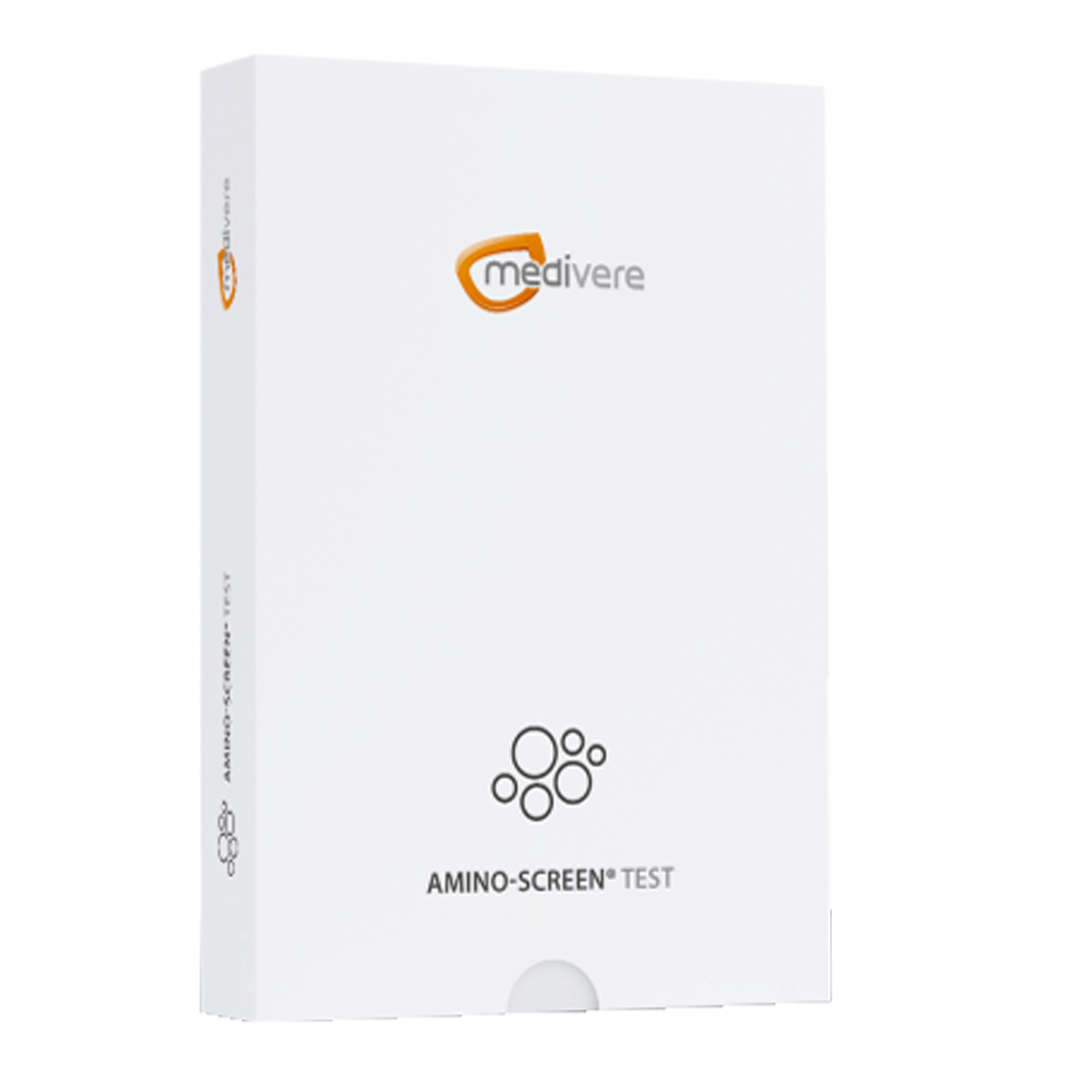
Amino screen blood test
| Laboratory analysis to determine the amino acid coverage. |
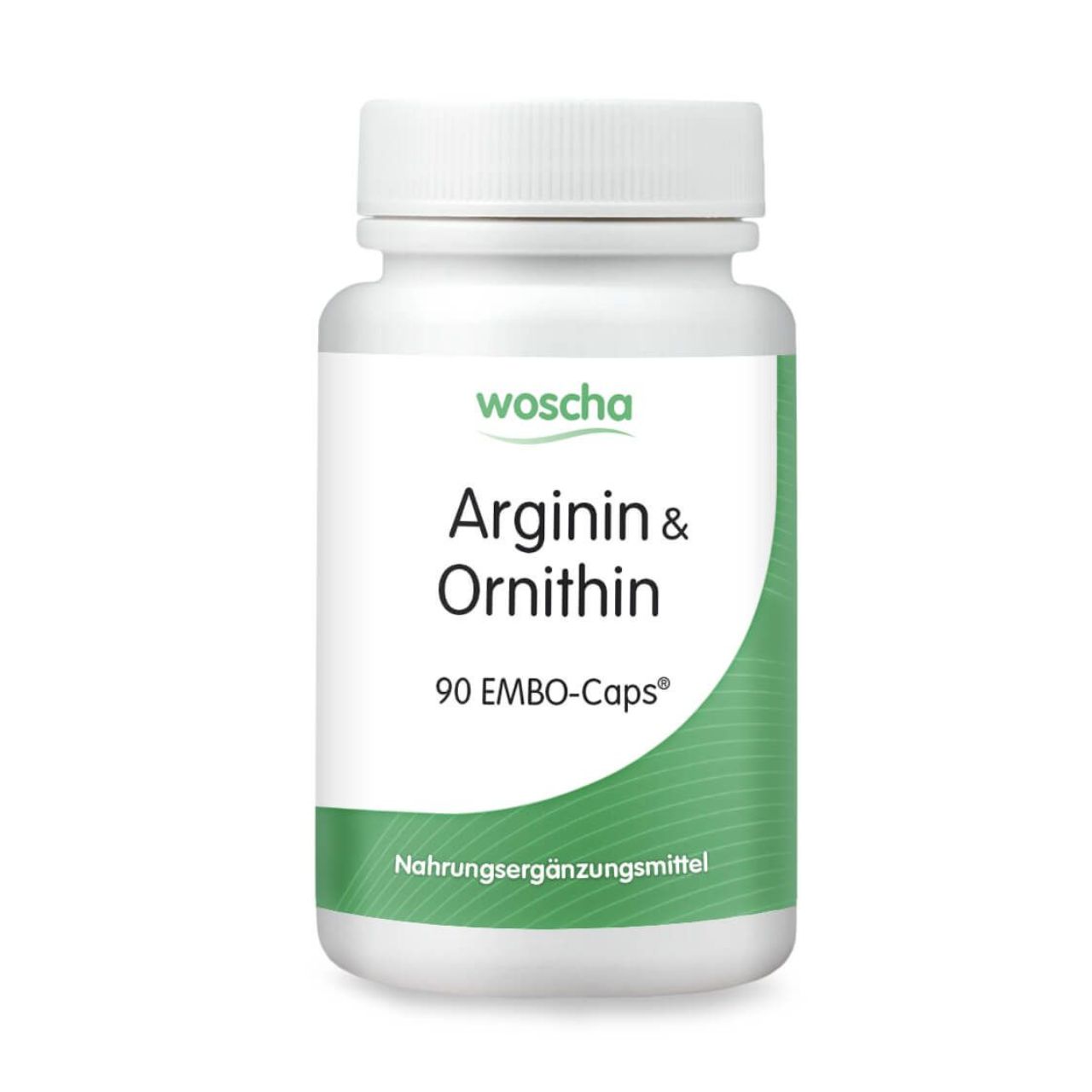
Arginine and ornithine 500/250 mg, 90 EMBO-Caps
| Arginine & Ornithine: Combination preparation with semi-essential amino acids. |
Content: 0.078 Kilogramm (€298.72 / 1 Kilogramm)
-
From 1€25.90€332.05 / 1 Kilogramm
-
From 2€24.60€315.38 / 1 Kilogramm
-
From 5€23.30€298.72 / 1 Kilogramm

Borage oil, 60 capsules
| Pure borage oil with a high content of gamma-linolenic acid. Cold-pressed, pesticide-free, gelatine-free. |
Content: 0.035 Kilogramm (€597.14 / 1 Kilogramm)
-
From 1€23.00€657.14 / 1 Kilogramm
-
From 2€21.90€625.71 / 1 Kilogramm
-
From 5€20.90€597.14 / 1 Kilogramm
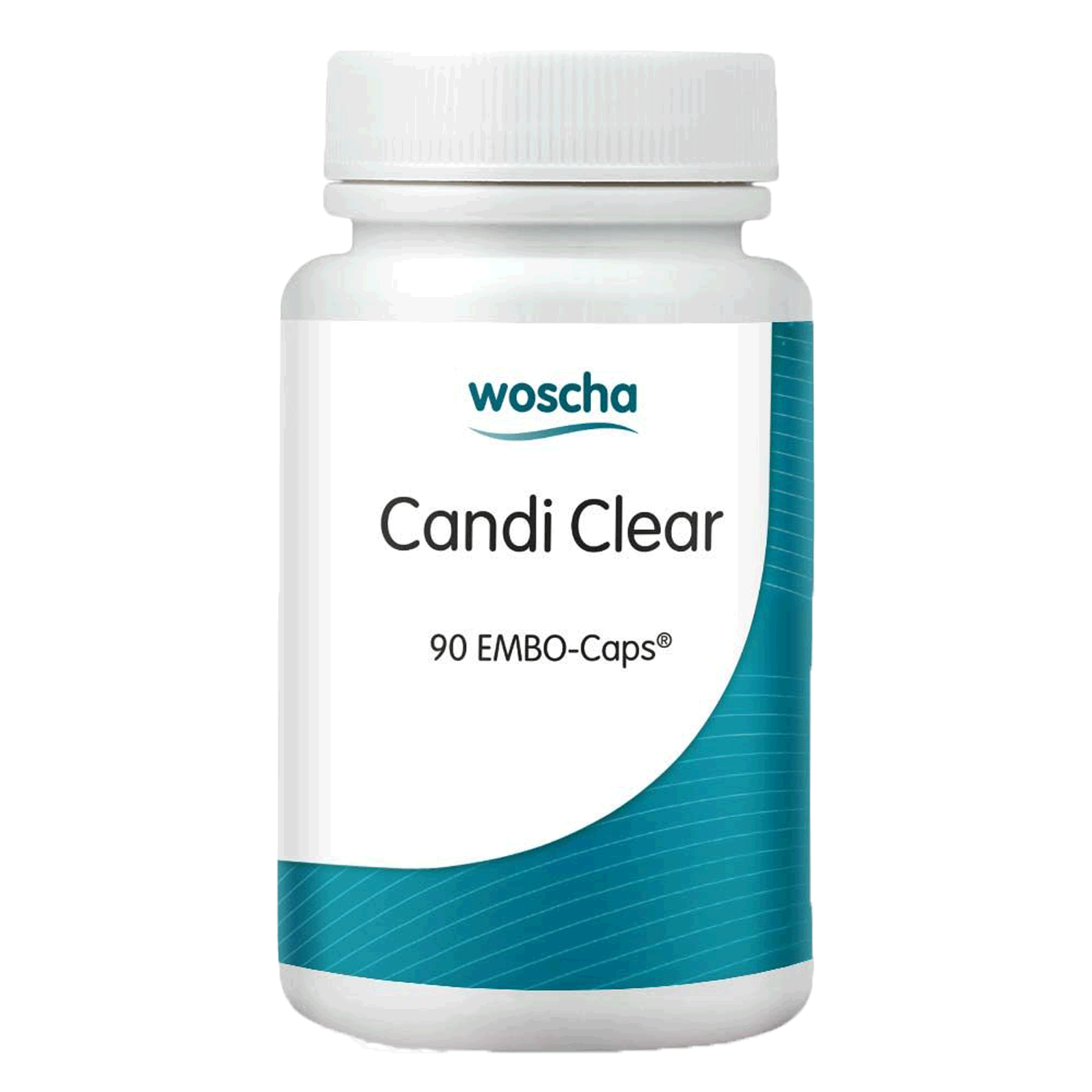
Candi Clear, 90 capsules
| Psyllium powder and 8 proven herbs to care for the intestines. With black walnut, oregano and biotin. |
Content: 0.068 Kilogramm (€367.65 / 1 Kilogramm)
-
From 1€27.90€410.29 / 1 Kilogramm
-
From 2€26.50€389.71 / 1 Kilogramm
-
From 5€25.00€367.65 / 1 Kilogramm
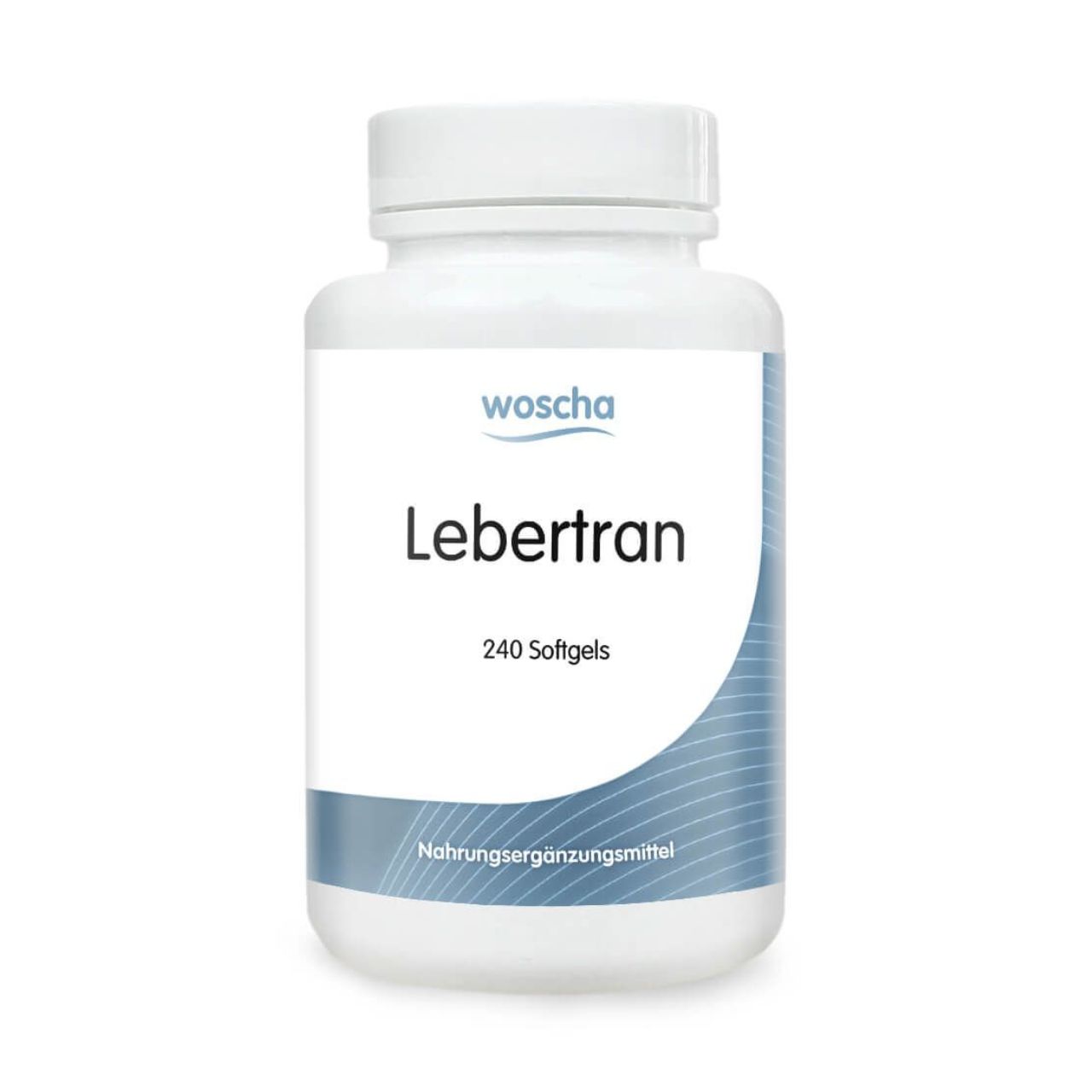
Cod liver oil, 240 softgels
| Fish oil in vegan capsules + Q10 + Vit. C and astaxanthin. Small and easy to swallow. |
Content: 0.322 Kilogramm (€68.63 / 1 Kilogramm)
-
From 1€24.60€76.40 / 1 Kilogramm
-
From 2€23.40€72.67 / 1 Kilogramm
-
From 5€22.10€68.63 / 1 Kilogramm
Proteins and amino acids - not just for muscles!
Everyone knows that muscles and skin are made of protein. It also makes sense that the higher the quality of the food you eat, the higher the quality of what is built up in your body. Less well known: All of the body's immune substances, such as antibodies, are also made up of amino acids (the smallest building blocks of proteins). So a lot of high-quality AS in the blood = good defence, too little = poor defence. People with allergy problems, e.g. to milk or wheat protein, should favour elementary amino acids, as there are no allergies to these.
Unsaturated fatty acids - vital good fat
Unsaturated fatty acids are essential for life. Scientifically speaking, the statement that fat is bad is no longer true; it depends on what you eat. Today, vegan alternatives are increasingly available. Omega-3 fatty acids, which we have in all varieties, plant sources, krill oil or fish oils, each with high concentrations, are particularly important here.
Often underestimated - carbohydrates!
Dietary fibres are long-chain indigestible carbohydrates that are good for the gut. Less well known are, for example, galactose (the only carbohydrate that is actually only absorbed by babies, in milk, which, for example, the brain and nervous system still have to develop) and mannose (which is excreted in the urine, along with everything it binds to along the way, such as pathogens). Ribose is a building block of the muscle fuel ATP.













